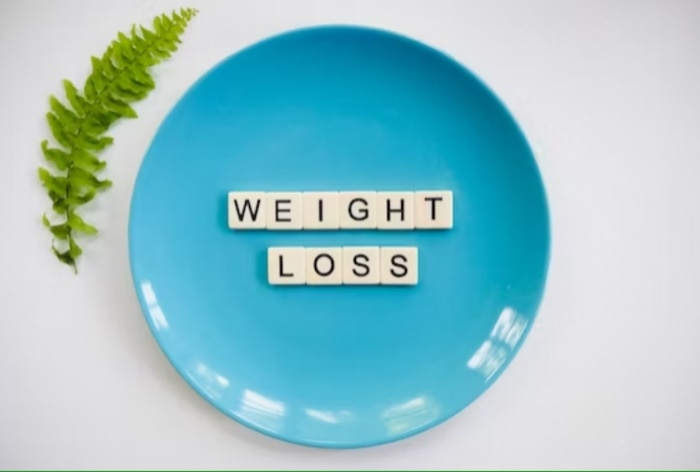Your struggle with hypothyroidism may cause you to put on weight. However, a person may lose weight with the appropriate care and lifestyle adjustments.

Weight Loss And Thyroid: Rapid and unexpected weight gain is an indication that your endocrine system is not functioning properly if you have hypothyroidism or an underactive thyroid, and this is the first thing you will notice. Insufficient thyroid hormone production is a diagnosis of hypothyroidism. Infants and young children are among the age groups it can impact. Your cholesterol levels may be higher, you may experience dry skin, swollen eyes, lethargy, cold intolerance, constipation, stiffness or joint pain, depression, or memory loss if you have an underactive thyroid. Your metabolism is slowed by hypothyroidism, and other changes might also prevent you from losing weight. It’s possible that other hormones that control hunger and weight are also impacted.
5 WEIGHT LOSS TIPS FOR THYROID PATIENTS
- Healthy Diet: Weight control may benefit from dietary adjustments. A person with hypothyroidism should, nevertheless, take into account how specific foods can impact their thyroid and decide whether to include or eliminate them from their diet. Foods containing particular minerals, such as iodine, selenium, and zinc, may support thyroid function.
- Stay Active: Combining more activity with better eating habits can be effective. To lose weight or keep it off, one has to engage in greater physical activity. To discuss appropriate amounts of exercise for them, a person should consult a doctor or physical therapist before beginning any new activity or exercise program.
- Stay Hydrated: Maintaining sufficient hydration is essential for weight loss whether you have thyroid disease or not. Drinking enough water keeps your metabolism functioning properly. It also helps to improve digestion and elimination, reduce bloating and water retention, and decrease appetite.
- Adequate Sleep: Getting adequate sleep is one of the most crucial things you can do to accelerate weight reduction. Numerous studies connect a sluggish metabolism and obesity to sleep deprivation. You can be more prone to diabetes or heart disease if you don’t get enough sleep.
- Manage Stress: Manage your cortisol levels by engaging in stress-reduction techniques like yoga, deep breathing, or meditation since stress can impair thyroid and weight regulation.
Ask your doctor to consider checking your thyroid hormone levels if you’re having difficulties losing weight. They can assist in figuring out if you require medicine or a dose adjustment.

Don’t Miss Out on the Latest Updates.
Subscribe to Our Newsletter Today!

